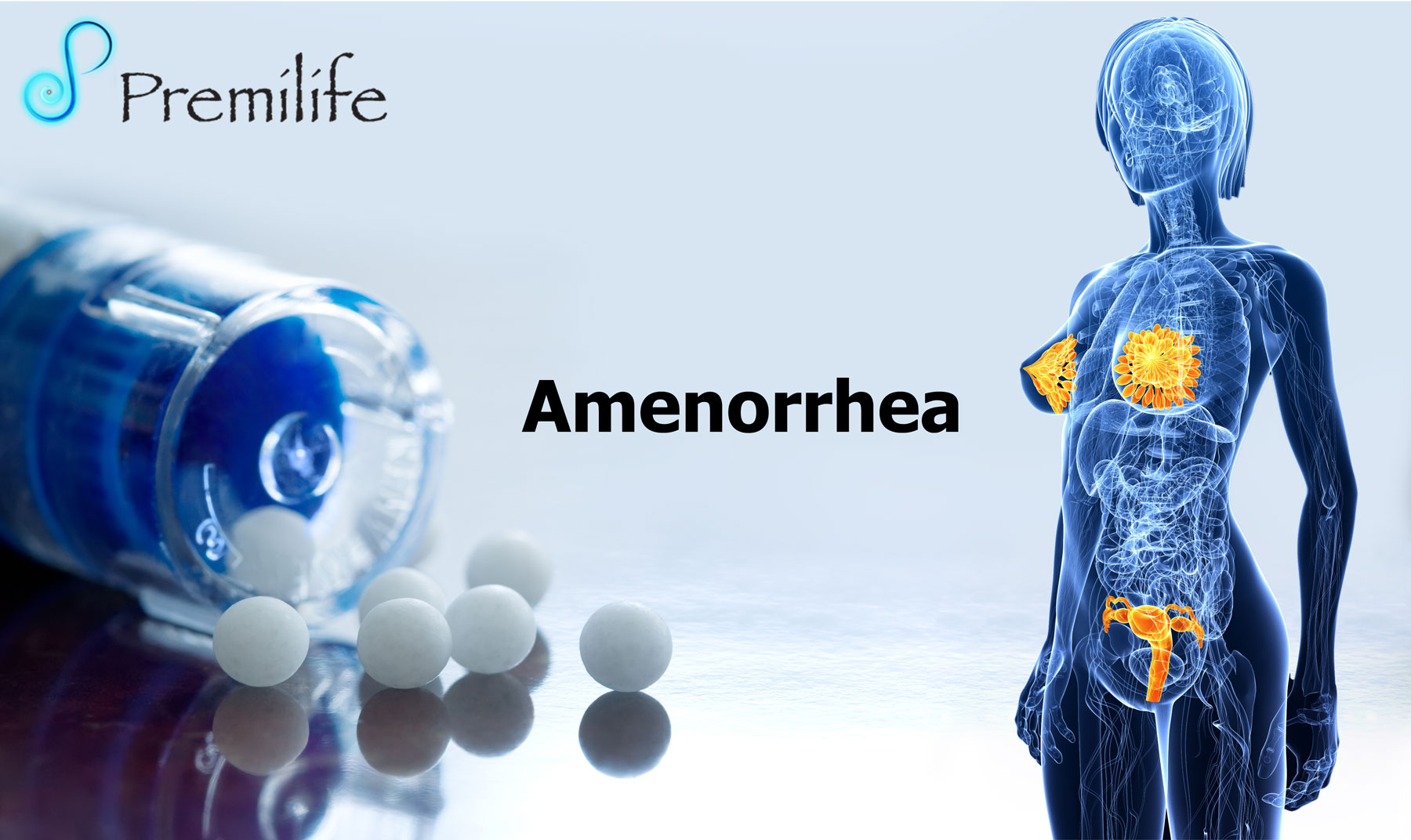
Amenorrhea is the absence of menstruation. Menstruation is a woman's monthly period.
Amenorrhea
Amenorrhea is refers to as the absence of menstrual periods; it may be either primary or secondary.
Primary amenorrhea: It is typically the result of a anatomic or genetic condition in young females that never develop menstrual periods (by age 16) and is not pregnant. Diseases of the pituitary gland and hypothalamus can also cause primary amenorrhea since these areas plays an important role in the regulation of ovarian hormones.
Secondary amenorrhea: Pregnancy is an obvious cause of amenorrhea and is the most common reason for secondary amenorrhea. Further causes are varied and may include conditions that affect the uterus, ovaries, and hypothalamus.
Post-pill amenorrhea: Women who have stopped taking oral contraceptive pills experiences the return of menstruation within three months after discontinuing pill use.
Causes:
Symptoms: No menstrual flow, signs of puberty.
Treatment depends on the cause of the missing period.
Amenorrhea, normal growth, menstruation